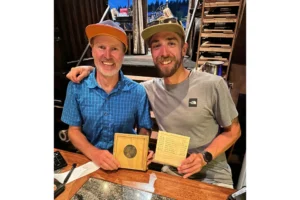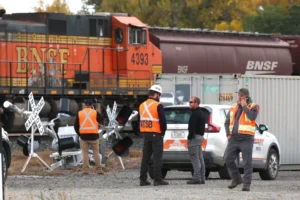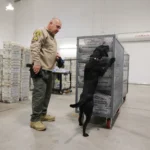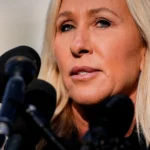FRIDAY FOCUS: Finding Strength in the Wake of a Son’s Suicide
Gillette City councilwoman shares personal story to help others
- Published In: Other News & Features
- Last Updated: Jan 05, 2024
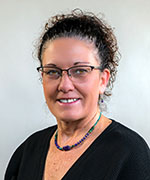
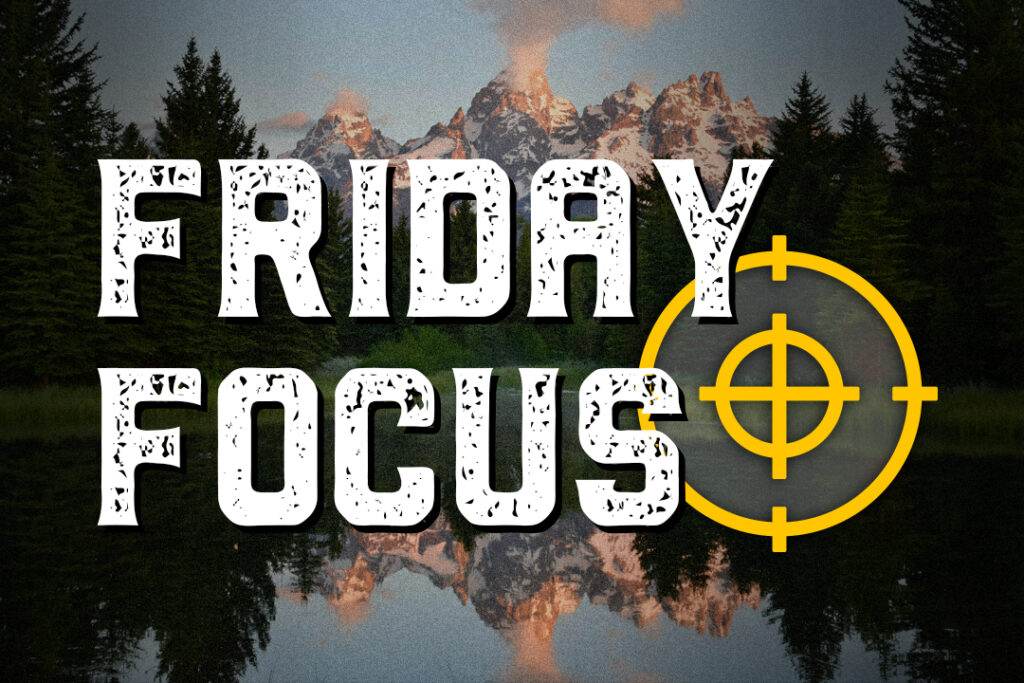
By Jennifer Kocher
Special to the Wyoming Truth
This story was updated to reflect that Trish Simonson is member of a local steering committee on mental health, but does not spearhead the committee, on January 5, 2024 at 11 a.m. Mountain.
GILLETTE, Wyo.–Trish Simonson’s world was upended when her son took his own life in 2015. Until then, the Gillette wife and mother of three children considered her life ideal. Both she and her husband Mike were blindsided by Kaden’s death.
Kaden, 15, wasn’t a teen anyone worried about; he was a popular athlete and showed no signs of mental health struggles, Simonson said. On the evening of May 8, 2015, she came home from a church ministry meeting to find Kaden had shot himself with a firearm. Simonson blamed herself for the tragedy.
“As a parent, your most important job is to protect your kids and to help them make good decisions,” she said. “I always told my kids they could come to me with anything. . . . I felt like I failed him and that he didn’t trust me enough to tell me how he was feeling. . . .”
Since then, Simonson, 52, has been on a quest for answers and healing. In 2022, Simonson released her self-published book, “The Road Back to You: Finding Your Way After Losing a Child to Suicide.” She also is a member of a local steering committee on mental health and advocates for suicide awareness.
The Wyoming Truth spoke to Simonson, who was appointed to the Gillette City Council in 2022, about her book. What follows are excerpts from that conversation:
You said you wrote this book, in part, because you couldn’t find any resources to help you and your family after Kaden’s death. What information were you seeking?
Simonson: I couldn’t find anything related to the anger I was feeling, and to be honest, there was nothing out there that justified my anger…I also didn’t find much [on] the real impact suicide has on families. Suicide leaves a complete path of destruction that leaves families in turmoil mentally, physically, spiritually and financially. It sets a different path for everyone and affects the mental health, family dynamics, future, finances, other family relationships, sibling relationships, friend relationships – every aspect of your life is turned upside as a result of a suicide death. And, I didn’t feel there was any complete honest discussion of what is left behind. My book tells the real deal. I was very honest about what happened to me. I wanted other victims to know it was OK to be angry with their loved one and with God. I wanted them to know if they were struggling with PTSD or other mental health issues as a result of the suicide, that was normal, and it was of necessity to get help.
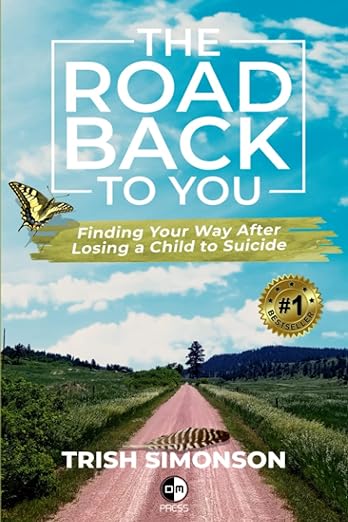
The subtitle of your book is “Finding your way after losing a child to suicide.” How did you find your way?
Simonson: The book was definitely part of that process…I found my way by letting go of so many things—my anger, for one, and realizing there were things in my life I was hanging onto that were toxic. I wouldn’t leave my job [as an administrative assistant at Sage Valley Junior High School which Kaden had attended], because I wasn’t going to let Kaden take that from me, too, but came to realize staying at the school district was so bad for me mentally. Seeing all the kids and families was torture to me. I also realized I needed to deal with my trauma and PTSD. For so long, I didn’t want to . . . I had this weird idea that I deserved to feel this bad, because even though I was angry with Kaden, I blamed myself for his death…I also felt relieved after writing my book. I had been holding onto so much, and when I finally let it all out, it was healing.
What can the state, schools and mental health providers do to help prevent youth suicide?
Simonson: I think we can always do better, but the bad thing is being up against so many societal changes that affect people’s mental health. We have seen in the last few years the effects of COVID, inflation, political divisiveness, division amongst ourselves, social media, increased use of drugs and alcohol, domestic violence, the decay of families, less hope, more people not having a spiritual connection with something – and even the decline of physical health. All these issues are detrimental to people’s mental health. We lack mental health providers, facilities, resources and funding. I ask this question to myself all the time, and I honestly don’t know what the answer is, because how do you give people hope? How do you teach resilience? How do you combat addiction? How do you help families stay together? How do you teach people empathy and compassion? Sometimes I think the simplest things can help like just being nice or asking someone if they are OK. Or just letting people know “Yeah, life is really crappy sometimes, but it might not be that way tomorrow.”
What advice would you give other parents in your situation?
Simonson: … My best advice to give to parents would be “Stay together.” Don’t think the grass is greener on the other side. And just take it moment by moment and don’t let other people tell you how to grieve because there’s no right or wrong way. You just have to try to give yourself some grace.



